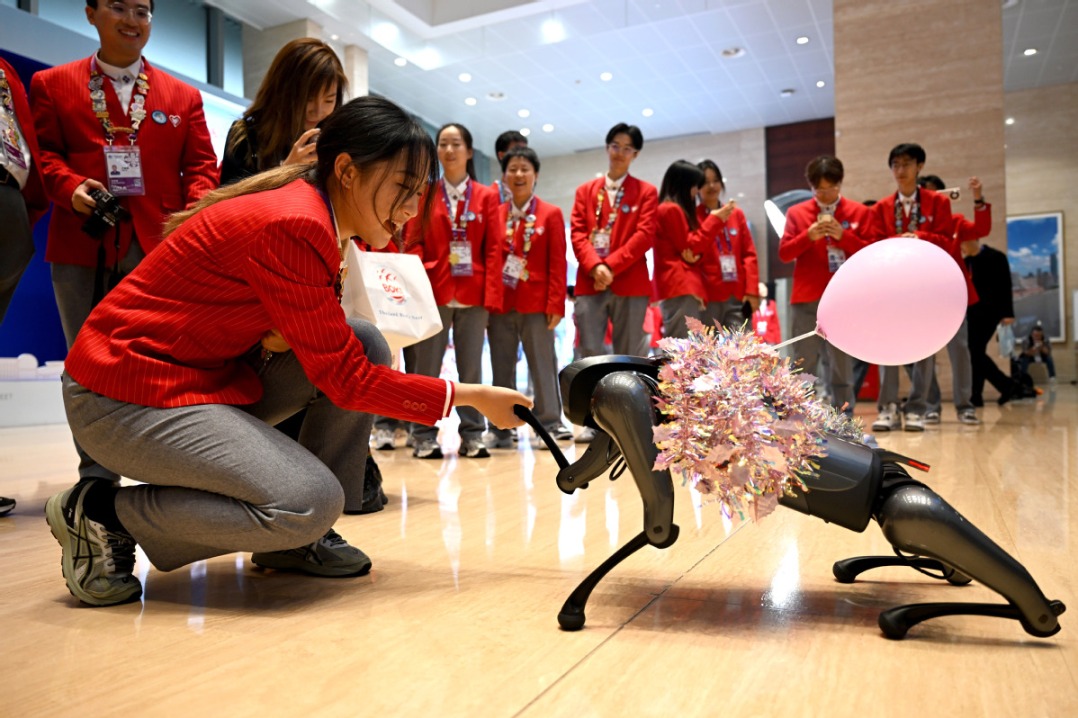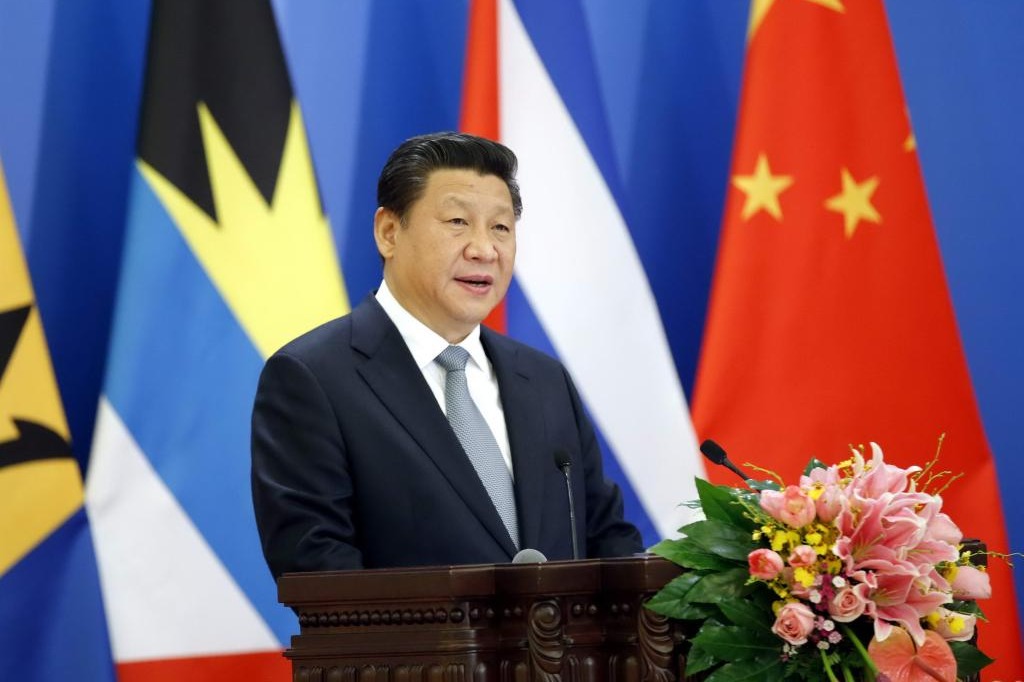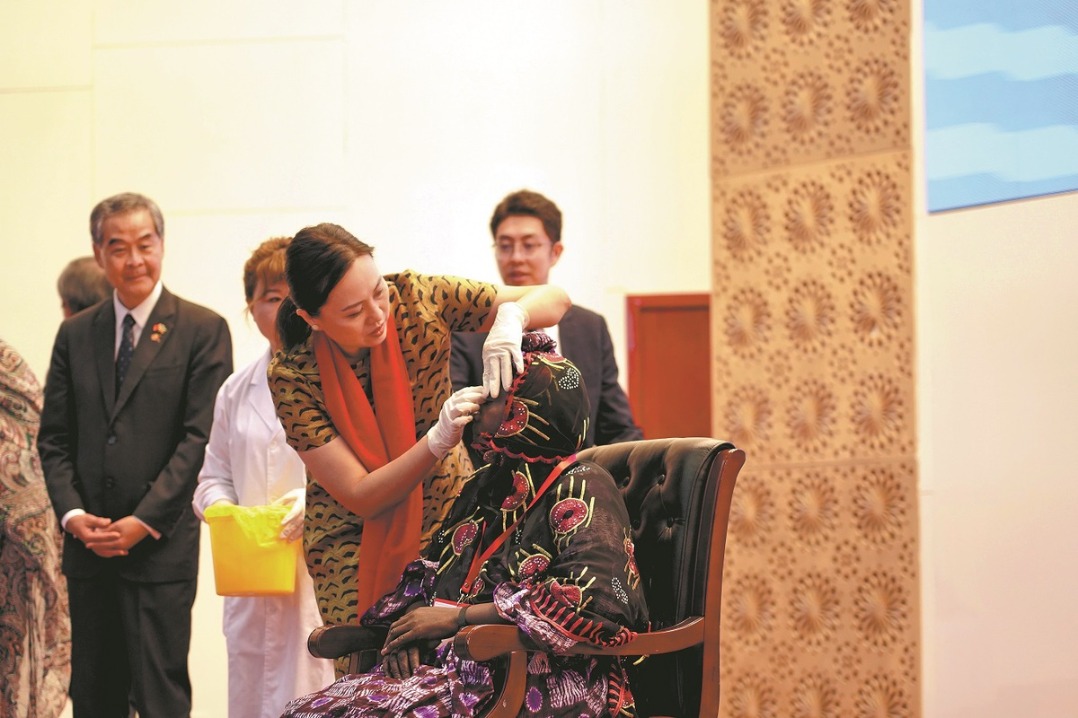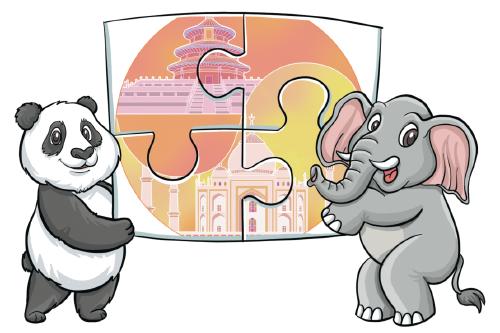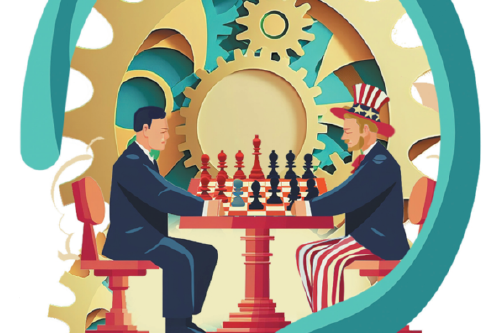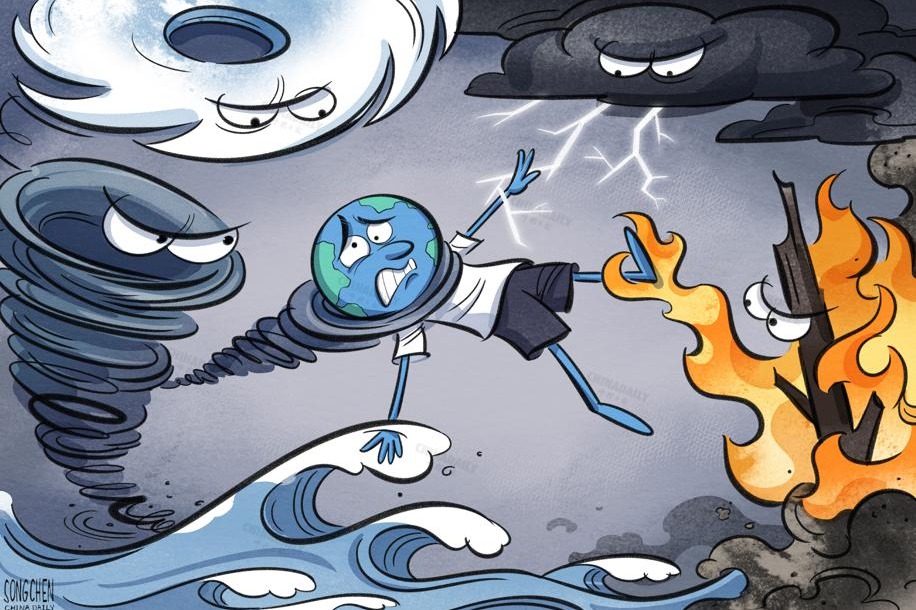Why do Chinese people trust their government?

COVID-19 outbreak becomes a litmus test for democracy
No one could have ever predicted that the sudden outbreak of COVID-19 should become a litmus test for democracy.
On January 18, Edelman, the world's largest PR consulting firm, released the 2022 Edelman Trust Barometer. According to the report, China's public trust in government in 2021 was as high as 91 percent, up by 9 percentage points year-on-year, ranking first in the world. In terms of the country's overall trust index, China ranked first in the world with a high 83 percent, up by 11 percentage points year-on-year.
Not only in 2022, but also in 2017 and 2018, the Chinese people had the highest trust in the government among all countries surveyed in the Edelman Trust Barometer. China's success in containing COVID-19 and its active role in helping other countries around the world to fight the epidemic boosted the confidence of the Chinese people and people from other countries in the Chinese government, according to Edelman's CEO.
At the end of 2021, the Afrobarometer, a leading African polling organization, released a report showing that China's influence in Africa ranked first, with 63 percent of respondents saying that China's political and economic influence was "very" or "relatively" positive and 66 percent of respondents considered China's political and economic influence in Africa to be positive.
According to a 2020 survey of people in the United States, Germany, and France conducted by the German Marshall Fund of the United States, the Bertelsmann Foundation, and Institut Montaigne, COVID-19 led more Westerners to view China as a "top power". Before the outbreak, the United States was considered the most influential country in the world, with China and the EU almost tied for the second place. Today, China's influence has increased significantly.
Martin Quencez, deputy director of the German Marshall Fund, said that before the COVID-19 crisis, China's influence on the world was an abstract concept. However, the influence?becomes very concrete when you think of?the expectations for Chinese masks and medical equipment.?Quencez said that the "new impression" of China among people in all countries will have a lasting impact—a change in perception that crosses generational and political boundaries.
Meanwhile, the United States, which prides itself as a "beacon of democracy" and a "model of democracy," has revealed many systemic problems during the epidemic, which have cast doubt on its "democratic credentials".
Late last year, a survey of young Americans conducted by the Institute of Politics at Harvard's Kennedy School of Government revealed that most young Americans under the age of 30 were concerned about the future of American democracy, and only 7 percent of respondents believed the US democratic system to be "healthy". Among young Americans aged between 18 and 29, 55 percent of the respondents believed the future of the United States to be a cause for concern.
Such data shows that American politicians' superiority complex with its democracy has not translated into young Americans' confidence in the US system—more than half of the American young people no longer trust "American democracy". John Della Volpe, director of Polling at the Institute of Politics at the Kennedy School of Government, said: "Young Americans are sounding the alarm. When they look at the America they will soon inherit, they see a democracy and climate in peril — and Washington as more interested in confrontation than compromise."
Diao Daming, an associate professor at the School of International Relations of the Renmin University of China, told China Youth Daily that young Americans' dissatisfaction with their country's politics results from the combination of multiple problems in American society, such as money politics, identity politics, party rivalry, political polarization, social tearing, gun violence, racial conflicts, and the division between rich and poor. Many long-standing social problems have affected the development of young Americans and their expectations for the future.
Since 2020, the US economy and society have been hit hard by the COVID-19 pandemic and other shocks. Campuses were forced to be shut down, making young people one of the groups most visibly hit by the economic hardship.
According to the US Census Bureau, the official US poverty rate in 2020 was 11.4 percent, with 37.2 million people living in poverty; the poverty rate for people under 18 years old rose from 14.4 percent in 2019 to 16.1 percent in 2020. A Pew Research Center report released in July 2020 showed that in the United States, which advocates the independence of children, 52 percent of young people chose to live with their parents, reaching the highest percentage since the Great Depression a century ago. Although this figure fell slightly in 2021, it was still much higher than the level before the 2008 Financial Crisis.
The Atlantic Monthly commented that the lack of bipartisan consensus was one of the key reasons why the Biden administration had had difficulty moving forward with executive action on issues concerning the youth. Political polarization is growing in the US, causing the young people to be increasingly split into opposing camps that support different political parties. A survey by the Institute of Politics at Harvard University's Kennedy School of Government revealed that a quarter of respondents believed that they would see the United States divided in their lifetimes.

















